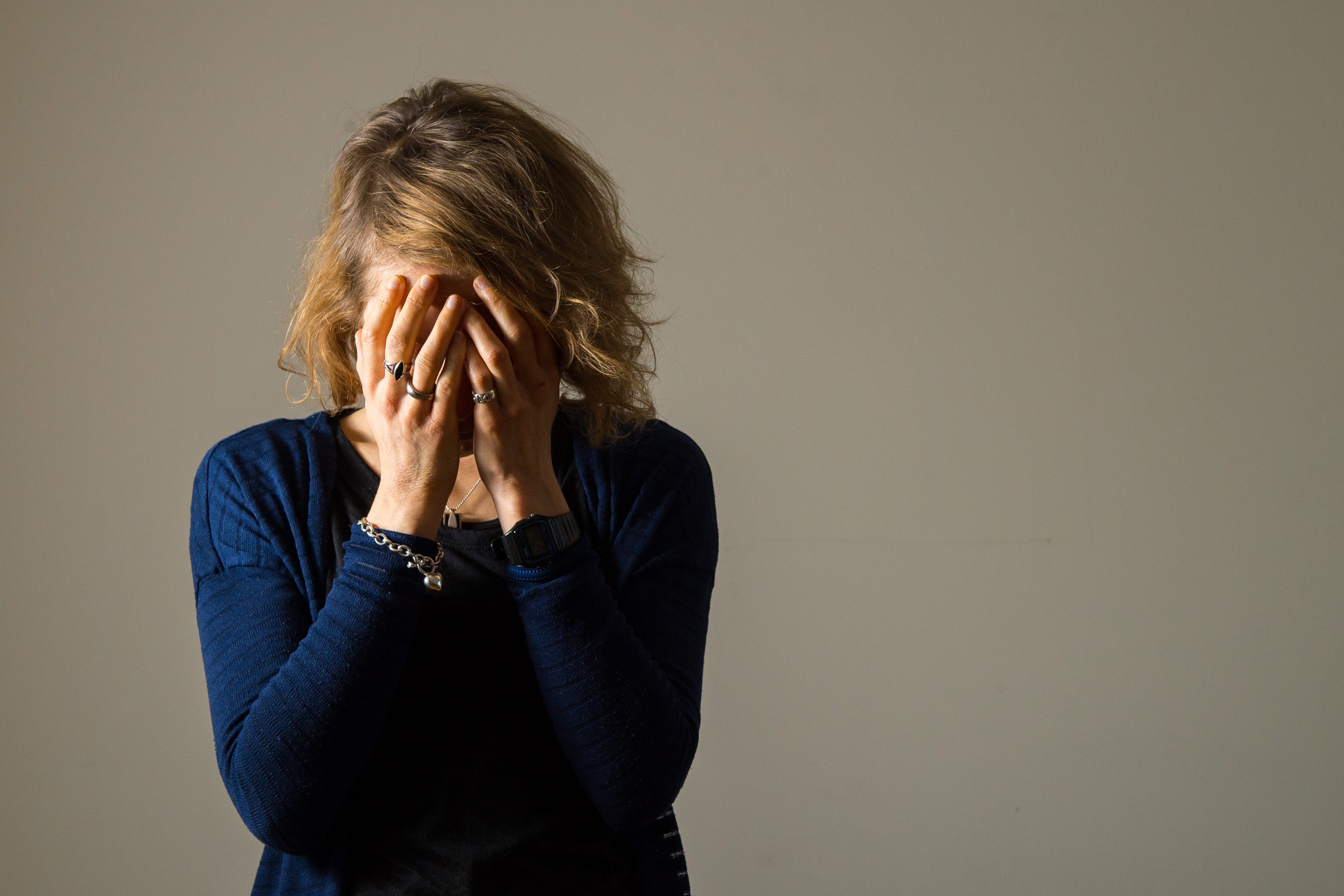Menopause clinics could stop female medical workers resigning, says NHS chief
Claire Low, of United Lincolnshire Teaching Hospitals Trust, was speaking at the NHS Providers’ annual conference and exhibition in Liverpool.

Your support helps us to tell the story
From reproductive rights to climate change to Big Tech, The Independent is on the ground when the story is developing. Whether it's investigating the financials of Elon Musk's pro-Trump PAC or producing our latest documentary, 'The A Word', which shines a light on the American women fighting for reproductive rights, we know how important it is to parse out the facts from the messaging.
At such a critical moment in US history, we need reporters on the ground. Your donation allows us to keep sending journalists to speak to both sides of the story.
The Independent is trusted by Americans across the entire political spectrum. And unlike many other quality news outlets, we choose not to lock Americans out of our reporting and analysis with paywalls. We believe quality journalism should be available to everyone, paid for by those who can afford it.
Your support makes all the difference.Dedicated menopause clinics for female NHS staff could stop them feeling “paralysed” by their symptoms and prevent them from resigning, a senior NHS manager has said.
United Lincolnshire Teaching Hospitals NHS Trust launched the clinic for its employees after its Women’s Staff Network – which was set up in 2020 – highlighted that about 3,500 workers were of natural menopause age across the organisation.
Speaking at a session on staff retention at NHS Providers’ annual conference and exhibition in Liverpool on Tuesday, Claire Low, group chief people officer at ULHT, told delegates: “The thing that’s really made a difference for us locally is running a doctor-led menopause clinic.
“I think it’s really shocking when you actually start to unpick the statistics of how many women are struggling to be well at work.
I think what brings it to life is, for me, actually hearing the experiences of the staff that have been through our doctor-led clinic, where they talk about, this saved my life
“And, when you take an average acute trust, you’re looking at least 3,500 females that are of menopausal age and, of those 3,500, one in four of those ladies are experiencing menopausal symptoms that absolutely paralyses them and causes an inability for them to cope with life or work.
“So, when you take that into account of 3,500 female colleagues, 900 of those female colleagues are struggling with life, are struggling with work, family, and have in the past contemplated and indeed resigned.”
Menopause usually happens to women between the ages of 45 and 55, when hormone levels reduce and periods stop.
Symptoms can include mood swings, anxiety, brain fog, hot flushes and trouble sleeping among others.
Ms Low added: “I think what brings it to life is, for me, actually hearing the experiences of the staff that have been through our doctor-led clinic, where they talk about, ‘this saved my life’.
“So, this isn’t just about retention, this is bringing that health and wellbeing level to a whole different perspective, in terms of a renewed sense of wellbeing for our staff, but also a lot of the ladies weren’t clear on what the symptoms were.”
Ms Low also said menopause can sometimes still be seen as “taboo” subject in some organisations.
“I know there’s a lot of publicity around menopause, but from a health and wellbeing perspective, it’s still a taboo subject in some organisations.
“The fear to mask menopausal symptoms with other sickness, so it’s not necessarily reported in the right way, in terms of they’re going into sickness monitoring for symptoms that are absolutely aligned to menopause, but there’s a taboo around being able to disclose that.
“So, we’ve seen nearly 300 ladies through our doctor-led clinic, of which every single one has said the difference it’s made, not only to their work life, it’s kept them well at work, but also the renewed sense of self worth.”
The comments from Ms Low come days after the National Institute for Health and Care Excellence (Nice) strengthened its guidance on menopause and recommended hormone replacement therapy (HRT) as the first treatment that should be offered.
Last year, draft guidance from Nice suggested cognitive behavioural therapy (CBT) – a talking therapy which is designed to help people manage their problems by changing the way they think and behave – could be offered as an alternative or alongside HRT.
It proved controversial, with the rewritten guidance stressing that HRT should be the first-line treatment, with CBT an option for women in addition to HRT, for people who cannot take HRT or for those who do not want to take it.